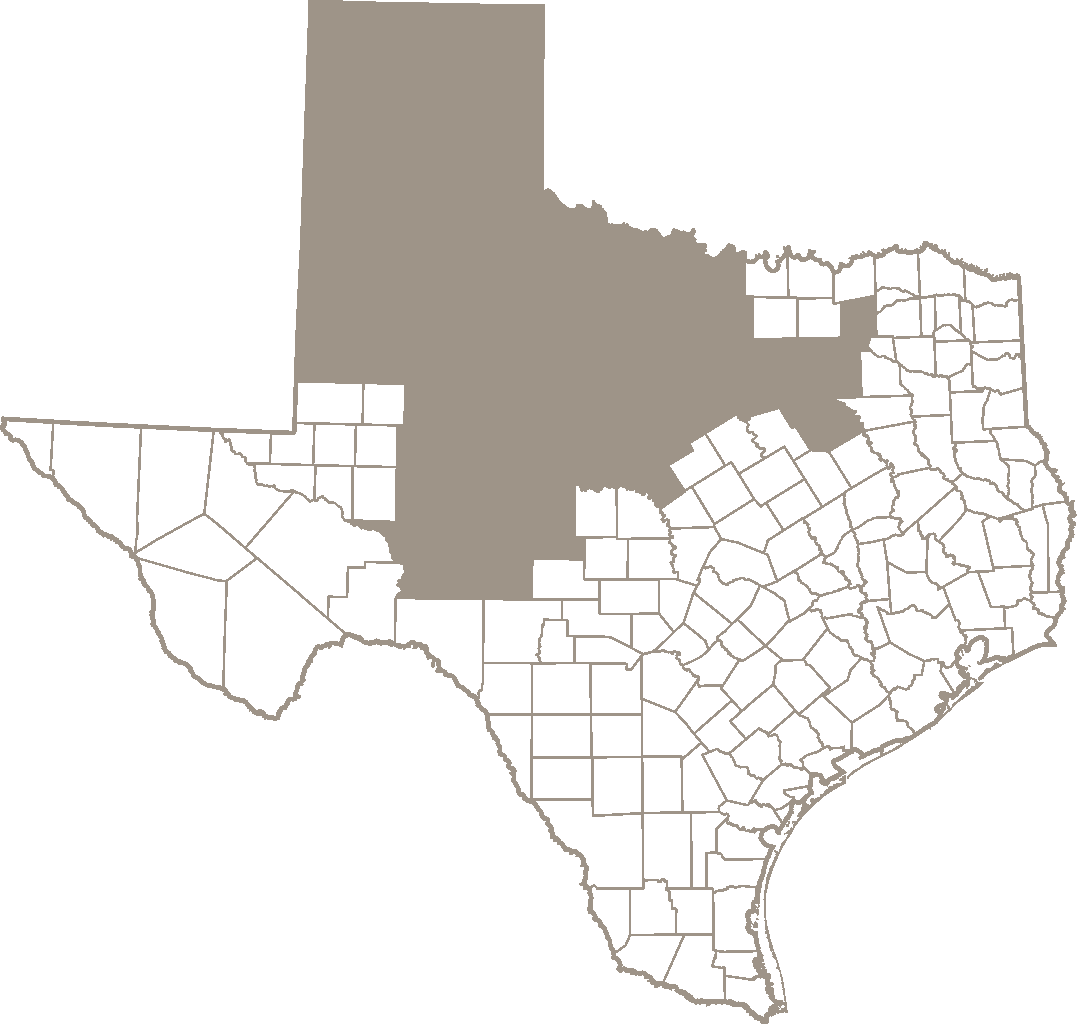-
Purpose
The purpose of the Pro Bono Civil Panel for the Northern District of Texas, Dallas Division (“PBC Panel”) is to further the administration of justice in two significant ways. First, the PBC Panel will enable the Court to provide pro bono legal assistance to pro se litigants in civil cases deemed suitable for such assistance by the presiding judge. Second, the PBC Panel will provide opportunities for lawyers who otherwise do not appear in court regularly to gain valuable litigation experience by appearing in court for hearings and trials in a variety of cases, including employment discrimination, civil rights, and diversity jurisdiction cases. This Administrative Plan (“Plan”) will govern the administration of the PBC Panel.
-
Committees
The Chief Judge will appoint an internal committee of district judges and magistrate judges to administer the PBC Panel. This committee, which will be called the Pro Bono Committee, will:
-
Receive, review and approve applications of law firms and individual attorneys who wish to be considered for pro bono appointments,
-
Update, maintain and make available to all judges the list of approved law firms and volunteer attorneys for appointments,
-
Provide instructions, guidance and assistance in the appointment of attorneys,
-
Track, record and report appointments of volunteer law firms and attorneys and reimbursement of expenses to attorneys in pro bono cases,
-
Conduct public outreach to encourage lawyers and law firms to volunteer for the PBC Panel and to recognize those who have volunteered, and
-
Plan and facilitate free training for volunteers.
-
The Pro Bono Committee will also create and serve on an expanded committee that includes the U.S. District Clerk (or a representative) and lawyers from the Law Firm and Individual Lists. The purpose of the expanded committee will be to implement the Plan and facilitate communication between the Court and the volunteers.
-
Volunteers
-
Law Firm Volunteers
The Law Firm volunteers consist of Dallas law firms that have agreed to take appointments in PBC Panel cases. Instead of providing the names of each participating attorney in the firm for the list of appointees, each participating Law Firm shall designate liaison or contact lawyer(s) who will be notified of a PBC Panel court appointment and who will be responsible for designating one or more lawyers in the firm to take the appointment. The liaison or contact lawyer(s) will fill out the PBC Panel application form seeking the law firm’s admission to the PBC Panel Law Firm volunteer list.
-
Individual Volunteers
The Individual list of PBC Panel volunteers consists of attorneys from a wide range of practice areas who have agreed to take PBCP appointments and have completed the online application form.
-
Volunteers’ Rights
Upon notification of a potential appointment, any Law Firm or individual volunteer may decline to accept the appointment for reasons, including but not limited to a conflict of interest, a recent appointment, or work schedule. A volunteer may also seek to withdraw from an appointment for good cause, such as an inability to communicate effectively with the client.
-
Benefits For Volunteers
Volunteers who accept pro bono appointments will receive opportunities for training and mentoring. Volunteers will also be eligible to receive reimbursement of certain expenses up to $3,500 and attorney’s fees not to exceed $1,000 at the conclusion of the representation.
-
-
Appointment Process
Generally, the PBC Panel appointments will be handled by the Magistrate Judges on reference by the District Judges (or otherwise in consent cases). Guidance, helpful instructions and forms for appointments are available in the NDTX internal website created specifically handling these appointments. Of utmost importance is the PBP 20 Form, which is to be used for all attorney appointments in civil cases. The use of this form enables the Clerk’s Office to track the number and nature of the appointments made from the PBC Panel. The form doubles as a fee/expense reimbursement form and must be submitted by attorneys to recoup fees and/or expenses.

